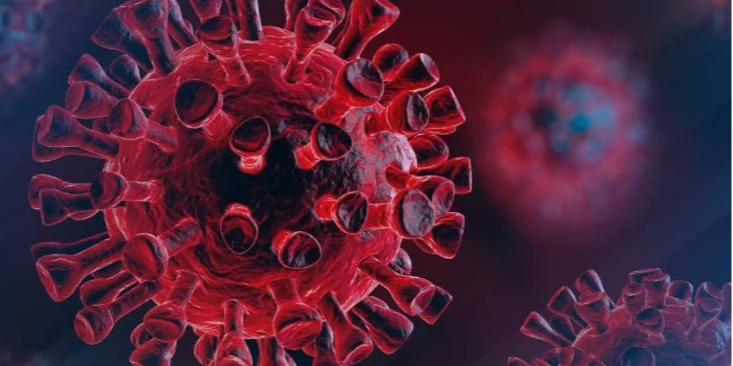
The COVID-19 pandemic has not only affected the respiratory system but has also been linked to various neurological symptoms. Recent research has shed light on a surprising connection between the SARS-CoV-2 virus and dopamine neurons in the brain. This unexpected finding has significant implications for understanding the long-term effects of COVID-19, including symptoms such as brain fog, depression, and even Parkinson's disease. In this article, we delve into the latest studies conducted by Weill Cornell Medicine, Memorial Sloan Kettering Cancer Center, and Columbia University Vagelos College of Physicians and Surgeons, exploring how SARS-CoV-2 can infect dopamine neurons and trigger senescence.
Dopamine neurons play a crucial role in the brain's reward and pleasure centers, as well as in regulating motivation, memory, sleep, and movement. These neurons produce dopamine, a neurotransmitter that transmits signals between nerve cells. Dysfunction or degeneration of dopamine neurons have been associated with various neurological disorders, including Parkinson's disease.
Initially, researchers aimed to investigate how different cell types respond to SARS-CoV-2 infection. However, they made an unexpected discovery - the virus can infect dopamine neurons in the brain. The research team found that approximately 5% of dopamine neurons can be infected by SARS-CoV-2, leading to senescence and inflammation.
Senescence occurs when cells lose their ability to grow and divide, essentially entering a state of aging. In the case of dopamine neurons infected by SARS-CoV-2, senescence is triggered, causing these neurons to stop functioning properly. This disruption in dopamine production and signaling can have significant implications for neurological symptoms associated with COVID-19, such as brain fog and depression.
Senescence of dopamine neurons is not only relevant to COVID-19 but also to Parkinson's disease. Parkinson's is a neurodegenerative disorder characterized by the loss of dopamine-producing neurons in the brain. The discovery that SARS-CoV-2 can induce senescence in dopamine neurons provides valuable insights into the potential long-term effects of COVID-19 on neurological health.
In their quest to find ways to protect dopamine neurons from SARS-CoV-2 infection and senescence, researchers identified three drugs - riluzole, metformin, and imatinib - as potential protectors. These drugs are already approved for other conditions such as ALS, diabetes, and cancer. Further studies on these drugs may provide a pathway to prevent the virus's attack on the brain and mitigate neurological symptoms in COVID-19 patients.
To understand the underlying mechanisms of SARS-CoV-2 infection in dopamine neurons, researchers conducted transcriptional profiling. This technique allowed them to identify changes in gene activity triggered by the virus. Interestingly, only dopamine neurons exhibited significant activation of the senescence pathway, while other cell types did not show the same response. The gene signatures of infected dopamine neurons closely matched those observed in COVID-19 autopsy samples, including genes associated with inflammation.
Long COVID refers to the persistent symptoms experienced by some individuals even after recovering from the acute phase of the illness. The discovery of SARS-CoV-2's ability to infect dopamine neurons and induce senescence provides a potential explanation for the neurological symptoms observed in long COVID patients. Monitoring for an increased risk of developing Parkinson's disease-related symptoms in these individuals becomes crucial.
While the findings regarding SARS-CoV-2 and dopamine neurons are significant, it is essential to conduct human population studies to understand the broader impact of COVID-19 on neurological health. Factors such as disease severity and genetic predisposition may play a role in determining the risk of developing neurological symptoms. Ongoing research aims to unravel these complexities and provide a more comprehensive understanding of the long-term effects of COVID-19.
The discovery that SARS-CoV-2 can infect dopamine neurons and trigger senescence has opened up new avenues of research into the neurological impact of COVID-19. Understanding the mechanisms behind this interaction is crucial for developing effective treatments and interventions to mitigate the long-term consequences on neurological health. As scientists continue to investigate this surprising connection, further studies and human population research will shed light on the complex interplay between the virus, dopamine neurons, and neurological symptoms.






















